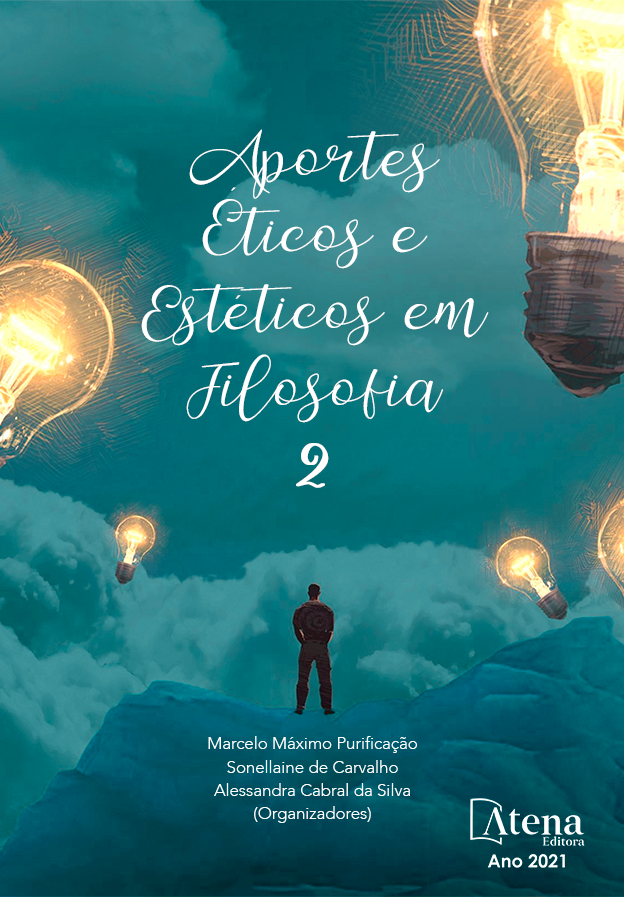
A CONCEPÇÃO DE MENTE COMO HERANÇA CARTESIANA NO DUALISMO DE SUBSTÂNCIAS E PROPRIEDADES
Uma herança da tradição moderna cartesiana é o problema da imprecisão conceitual dos termos ‘mente’ e ‘alma’, que a filosofia contemporânea da mente subsumiu no conceito de ‘mente’ e tomou como tarefa definir sua “natureza” e determinar sua localização no cérebro. A mente e a alma são fenômenos subjetivos e privados, o que significa dizer que eles ocorrem para o individuo, mas isto, no entanto, não é suficiente para manter a afirmação de que a mente nada tem a ver com o cérebro. Nessa linha de problematização, a filosofia contemporânea da mente, que pretende se restringir a um dualismo apenas de propriedades, sustenta que mente e cérebro podem ser coisas distintas, mas certamente estão ligadas de alguma maneira. O problema é saber como é possível se dar esta ligação, e este é um dos problemas que o filósofo contemporâneo da mente tentar explicar e resolver. Este relatório de pesquisa apresenta, a partir da reintrodução do conceito de intencionalidade na filosofia da mente, os primeiros passos de uma investigação sobre a relação de fundo entre os modelos dualistas modernos e contemporâneos, tomando a própria definição de mente apresentada por Descartes nas Meditações como objeto de investigação nos trabalhos de Brentano. Deste modo, a noção de intencionalidade apresentada este relatório final contribui com a explicação da caracterização que a filosofia da mente atribui à noção cartesiana de mente, enquanto conceito central do dualismo de substância, para que numa etapa futura desta pesquisa nós venhamos a apresentar sua posterior redefinição no interior do próprio dualismo de propriedades contemporâneo.
A CONCEPÇÃO DE MENTE COMO HERANÇA CARTESIANA NO DUALISMO DE SUBSTÂNCIAS E PROPRIEDADES
-
DOI: 10.22533/at.ed.3022118053
-
Palavras-chave: mente; alma; consciência; intencionalidade
-
Keywords: mind; soul; consciousness; intentionality
-
Abstract:
An inheritance of the modern Cartesian tradition is the problem of conceptual imprecision in terms ‘Mind’ and ‘soul’, which the contemporary philosophy of mind subsumed into the concept of ‘mind’ and took on the task of defining its “nature” and determining its location in the brain. The mind and the soul are subjective and private phenomena, which means to say that they occur for the individual, but this, however, is not enough to maintain the claim that the mind has nothing to do with the brain. In this line of problematization, the contemporary philosophy of mind, which intends to restrict itself to a dualism only of properties, maintains that mind and brain may be different things, but they are certainly connected in some way. The problem is to know how it is possible to make this connection, and this is one of the problems that the contemporary philosopher of the mind tries to explain and solve. This research report presents, from the reintroduction of the concept of intentionality in the philosophy of mind, the first steps of an investigation into the fundamental relationship between modern and contemporary dualist models, taking the very definition of mind presented by Descartes in Meditations as object of investigation in the works of Brentano. In this way, the notion of intentionality presented in this final report contributes to the explanation of the characterization that philosophy of mind attributes to the Cartesian notion of mind, as a central concept of substance dualism, so that in a future stage of this research we will present its later redefinition within the contemporary dualism of properties.
-
Número de páginas: 7
- Matusalen de Lima


